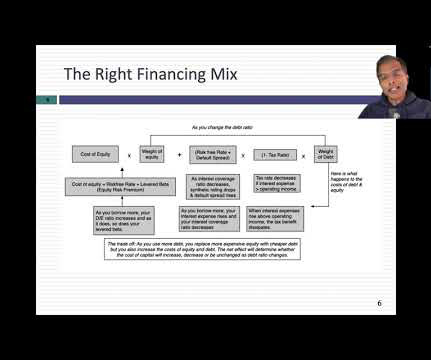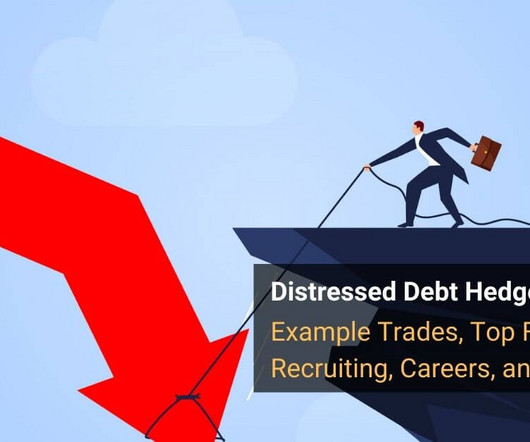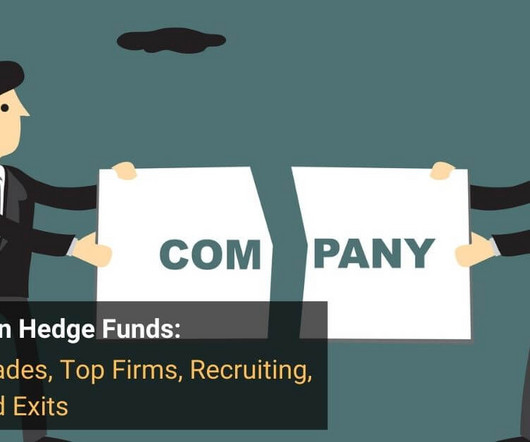Discount Rate—Explanation, Definition and Examples
Valutico
FEBRUARY 27, 2024
Weighted Average Cost of Capital (WACC): WACC is the average rate of return a company is expected to provide to all its investors, including equity and debt holders. It is calculated by weighting the cost of equity and cost of debt based on their proportions in the capital structure.

















Let's personalize your content